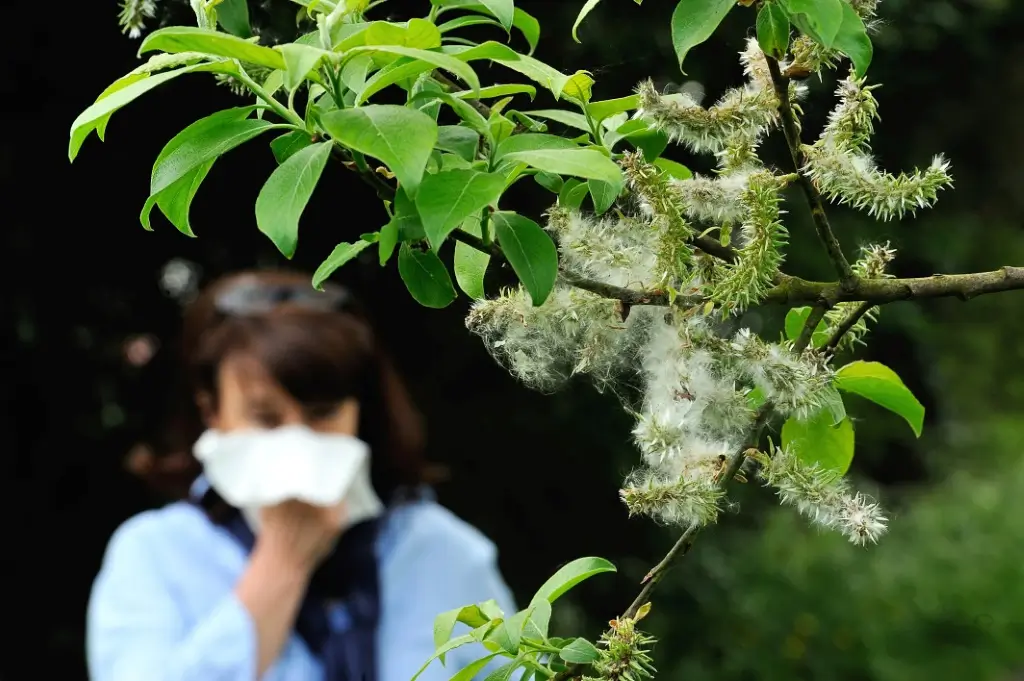
The German Weather Service (DWD) aims to improve forecasts for allergy sufferers with a network of automatic pollen measuring devices. Sixteen such devices are to be installed across Germany by 2027, and the network will be further expanded through collaboration with operators of similar pollen monitors, the DWD announced in Hamburg on Thursday. The goal is to provide hay fever sufferers with "timely, up-to-date pollen information."
Due to climate change, the pollen season often begins as early as January or February, and in very mild winters even as early as December. The new pollen monitors will transmit pollen data four times a day during the flowering period and at least once a day outside of the pollen season, but also hourly, depending on the intensity of the pollen count.
The eight pollen species most important for allergy sufferers are recorded: hazel, alder, ash, birch, grasses, rye, mugwort and ragweed, as well as a further 26 pollen species. According to the DWD, the pollen monitor works like an automatic microscope. First, the pollen from the outside air is sucked in, concentrated, and photographed piece by piece – producing more than 60,000 photos per sample. The different pollen types are then identified with the help of AI.
The German Meteorological Service (DWD) is investing approximately two million euros in the automatic pollen measuring stations. Locations will include Hamburg, Braunschweig, and Essen. The national economic costs of pollen allergies are estimated at approximately four billion euros per year. If improved pollen forecasting could reduce these costs by 0.1 percent, the DWD estimates this would correspond to annual savings of four million euros.
About 15 percent of the population suffers from hay fever, or millions of people. While the symptoms of pollen allergy can be alleviated or even suppressed with medication, not everyone wants to take these medications continuously. The German Weather Service (DWD)'s pollen forecasts, available up to six days in advance, are intended to make everyday life easier for those affected.